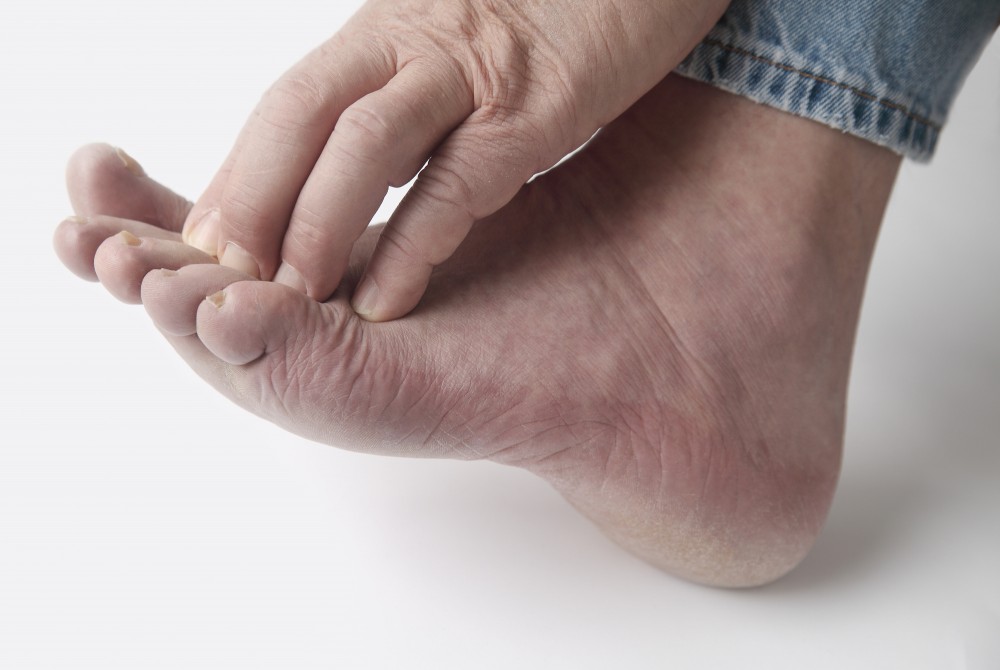Between 60 and 70 percent of diabetics experience some form of nerve damage, also known as diabetic neuropathy. If you or someone you love is part of this group, it’s important to know how to catch signs of and seek treatment for neuropathy early on.
Read on to learn more about diabetic neuropathy and how a chiropractor can help treat these conditions.
The Basics of Diabetic Neuropathy
Neuropathy is a debilitating condition that occurs when the nerves become damaged, often from infection or poor blood circulation. Diabetes and neuropathy often go hand in hand because high blood sugar can damage the nerve fibers. Neuropathy can occur anywhere in the body, but it most commonly affects the toes, feet, fingers, and hands.
Common Symptoms of Neuropathy
Common symptoms of neuropathy include:
- Sharp pain or cramping in the legs or feet
- Burning in the feet, hands, or legs
- Poor balance or coordination
- A “pins and needles” feeling when walking
- Weakness in the extremities
- Numbness or tingling in the feet, hands, toes, or fingers
- Discoloration of the feet
- Chronically cold feet or hands
Many people with neuropathy also have a hard time noticing cuts and other injuries to the extremities due to a loss of feeling.
Common Diabetic Neuropathy Treatment Options
There are a number of options available for treating and minimizing the effects of diabetic neuropathy.
Managing Blood Sugar
Managing blood sugar is one of the best things you can do to slow the progression of neuropathy. People who are aged 59 and younger should aim to keep their blood sugar between 80-120 mg/dL. People who are aged 60 and older, or who suffer from other medical issues, should aim for blood sugar levels between 100-140 mg/dL.
Managing Blood Pressure
Managing blood pressure is also important for managing neuropathy and preventing it from getting worse. Diabetics are more inclined to have high blood pressure compared to non-diabetics. High blood pressure increases the risk of damage to the blood vessels, which reduces blood flow and increases the risk of developing nerve damage.
Medication
Some doctors will prescribe medication to help minimize pain associated with neuropathy. Common medications include:
- Anti-seizure medications like gabapentin and carbamazepine
- Tricyclic antidepressants like amitriptyline and imipramine
- SNRIs like duloxetine
These medications can help control symptoms, but they also come with a variety of side effects that can be quite unpleasant, such as drowsiness, weight gain, dizziness, and constipation.
Natural Supplements
Some people have also found relief from natural supplements like capsaicin cream and alpha-lipoic acid. These supplements have not been heavily researched, but the research that is available is, for the most part, promising.
Chiropractic Care
Many people think that chiropractors only treat back and neck pain. That’s definitely not the case, though.
At Busch Chiropractic, we use the Busch Neuropathy Treatment Protocol to help diabetic patients suffering from neuropathy. Our protocol includes multiple treatment elements including Infrared Therapy and Photomodulation.
“Many of our diabetic patients have tried everything including painful testing and potentially harmful medications to get relief from neuropathy symptoms” states Dr. Busch of the Busch Chiropractic Pain Center in Fort Wayne. “Our Busch Neuropathy Treatment Protocol uses light therapy to stimulate tissue repair and is a non-invasive, drug-free, and an effective treatment for the relief of neuropathy.”
Busch Chiropractic will also address your nutrition and help you make other lifestyle changes that will help you manage your condition in a natural way.
Get Help Today
Are you looking for relief from symptoms of diabetic neuropathy? Do you live in or around the Fort Wayne, Indiana area? If so, Busch Chiropractic can help. Contact us today at (260) 471-4090 to learn more about our neuropathy treatment or schedule an appointment today.





